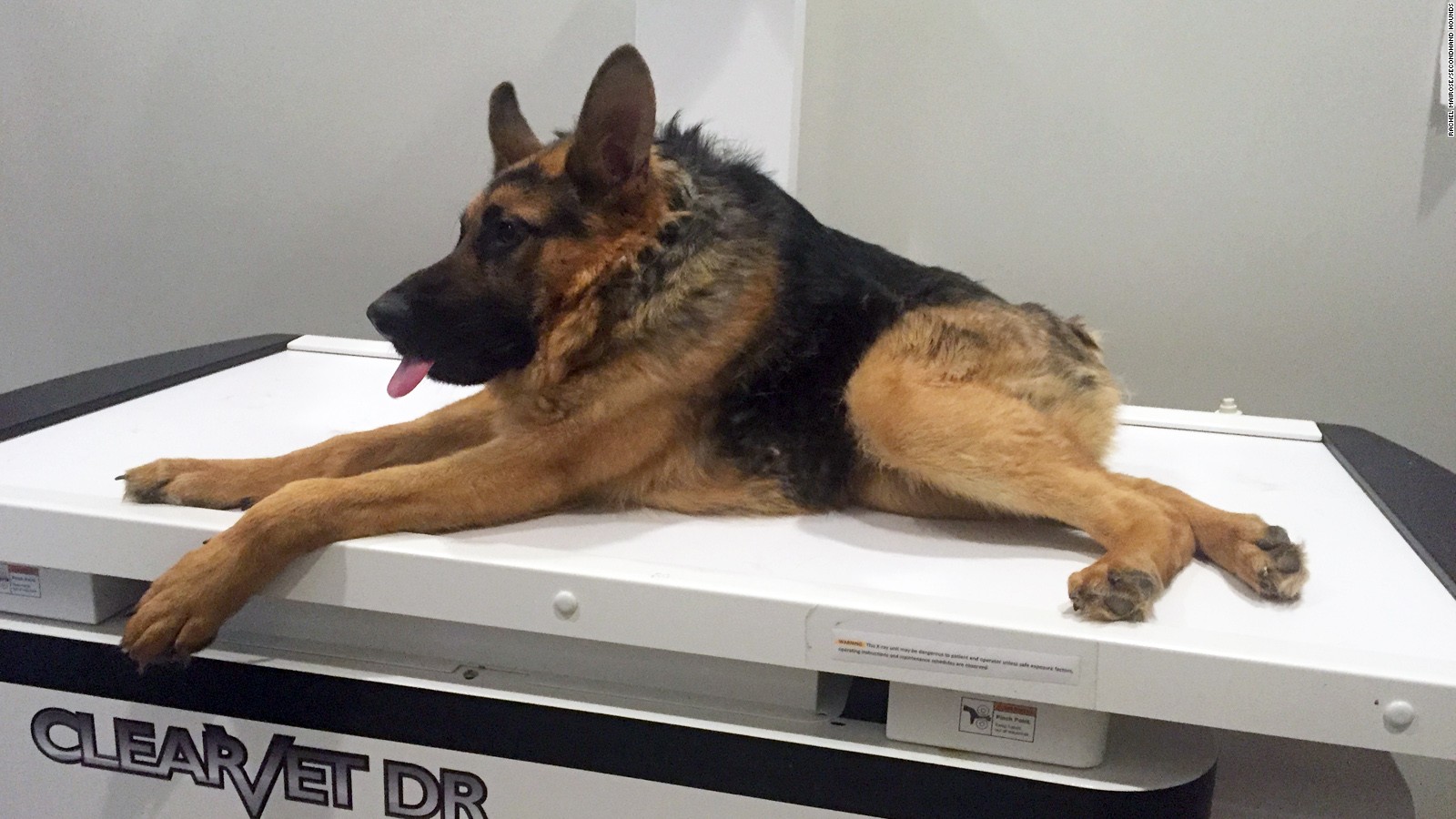

Nothing about his genetic birth defect is life-threatening, but there are complications that will need extra attention. Secondhand Hounds has already had some interest in adopting Quasimodo, but they are going to be extra careful in which new owner they select. We just hope we can keep him comfortable and happy and find a great forever home for him.” “And we don't think anything is wrong with him. “He doesn't know anything is wrong with him - that's the great part,” Mairose said. Quasi will be having surgery to ensure he's comfortable and neutered, and ready for a new home. “Something along the way caused his spine not to fully harden, so they think the softened vertebrate just compressed either in utero or very soon after birth, and then at some point it hardened, but it didn't harden soon enough.” “We think a genetic defect - not sure if it's inbreeding,” Dr. In dogs, this is only the 13th recorded case of short spine syndrome anyone at Mission Animal Hospital can find. “I have never seen anything like this,” Dr. His insides are compressed like an accordion. Susan Miller can see Quasi has a full-size head and legs, along with a crooked spine, missing vertebrae, a shrunken stomach, one testicle and a corkscrew tail. The condition is so rare that only a handful of dogs in the world, numbering somewhere in the teens, are known to have the condition.Quasi doesn't appear to suffer much pain from his condition, but he’s still undergoing tests. …and Quasimodo! Photo: QuasiTheGreat/Facebook Others include Pig, the Unusual Dog… Photo: Pig The Unusual Dog/Facebook Quasimodo is one of 13 dogs in the world to have short spine syndrome. Cuda is just one of the poster children for the condition. An attempt by an animal shelter in America to find a dog a new home has gone viral. Quasimodo is a three-year-old German Shepherd with short spine syndrome, much like a. While rare, dogs with short spine syndrome have been getting greater visibility of late. A Minnesota-based animal rescue group is looking for a 'forever' home for a very unique dog. Many have fewer ribs than the average dog. These dogs have “normal-looking legs,” but short, barrel-shaped bodies. As the vertebrae is fused, they generally cannot turn their heads and instead must pivot around completely to see things that are behind them. One of the signature features of dogs with short spine syndrome is a neck-less appearance. Often the some of the vertebrae are even fused together, which means dogs born with this condition are often less flexible than other pups (resulting in circumstances like Cuda’s, wherein she has trouble scratching her rear end!). The spine plays an integral part in a dog’s physical appearance, which is why short spine syndrome alters a dog’s profile so drastically. This mutation affects the bone and cartilage development in the spine. A dog with short spine syndrome is suffering from an abnormal genetic mutation. The vertebrae are compressed, creating a severe shortening of the spinal column, and giving dogs a short, hunch back look. If short spine syndrome rings a bell, it’s because it describes a hunchback dog. Short spine syndrome is a defect dogs have from birth.
#Short spine syndrome dog skin#
Her mom thinks Cuda helps people become comfortable in their own skin - and she is so grateful that she gets to have a dog so special. She was even certified as a therapy dog, so she brings lots of love and sweetness to many people outside her own circle. She loves her human and canine family members. Owner Julie LeRoy, a former animal control officer, says that Cuda’s former owner bought her off Craigslist for $50. Aside from having a little difficulty scratching her butt, she’s just like any other dog! (Note to the concerned: her family makes sure she gets plenty of butt scratches!). It turned out: nothing, really! Cuda was born with short spine syndrome, a condition caused by inbreeding. Cuda’s family adopted her at five months, not knowing what was “wrong” with her.


 0 kommentar(er)
0 kommentar(er)
